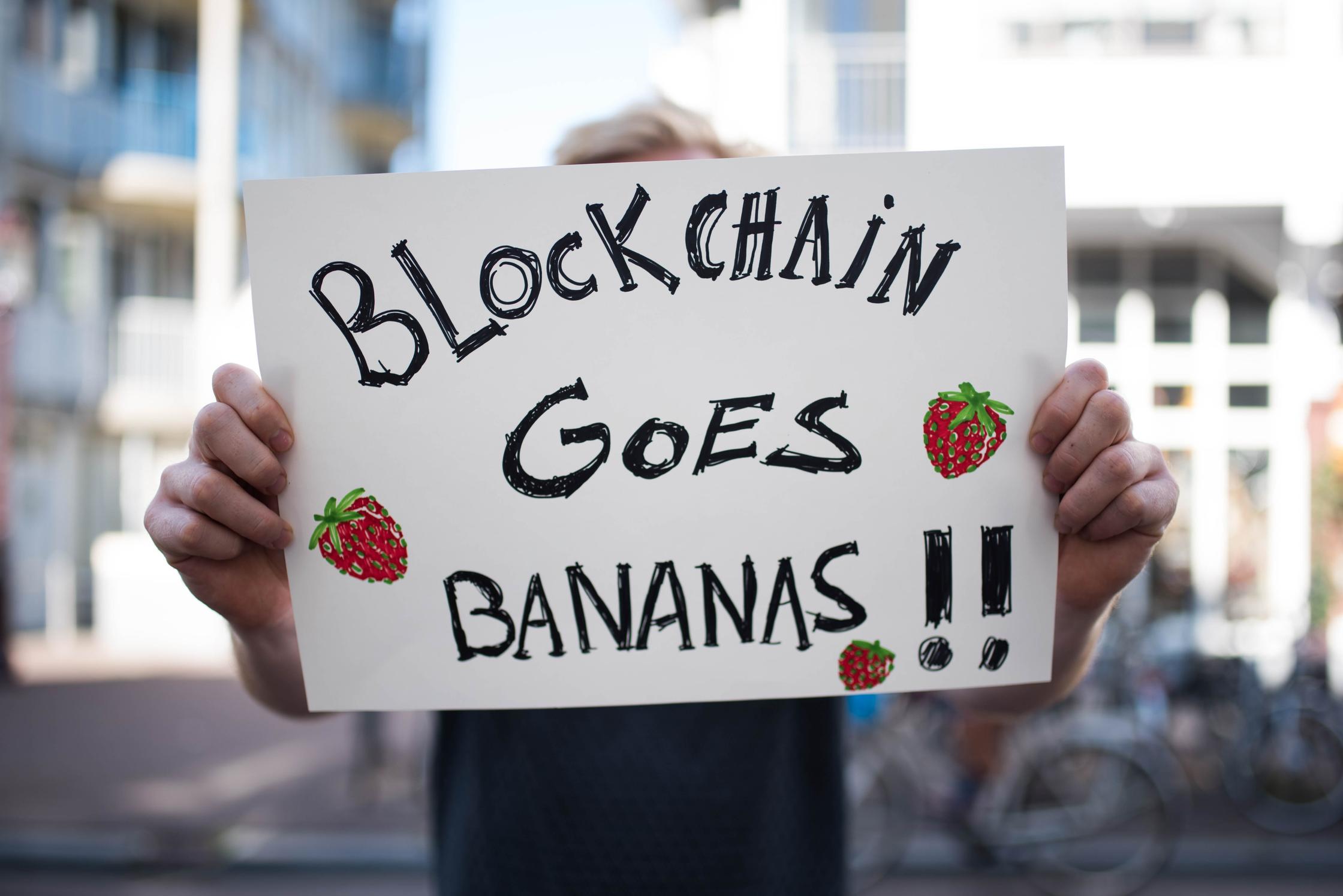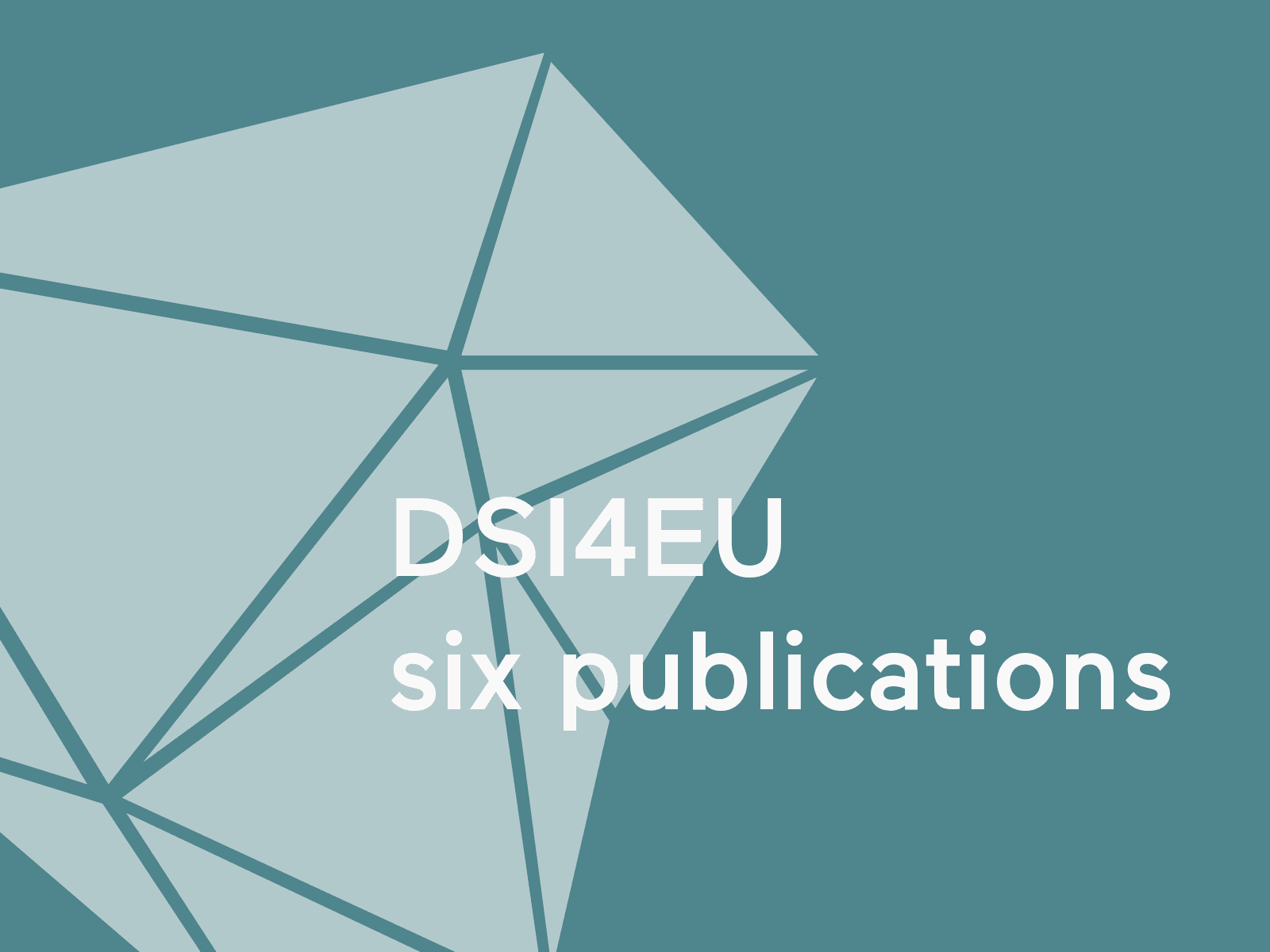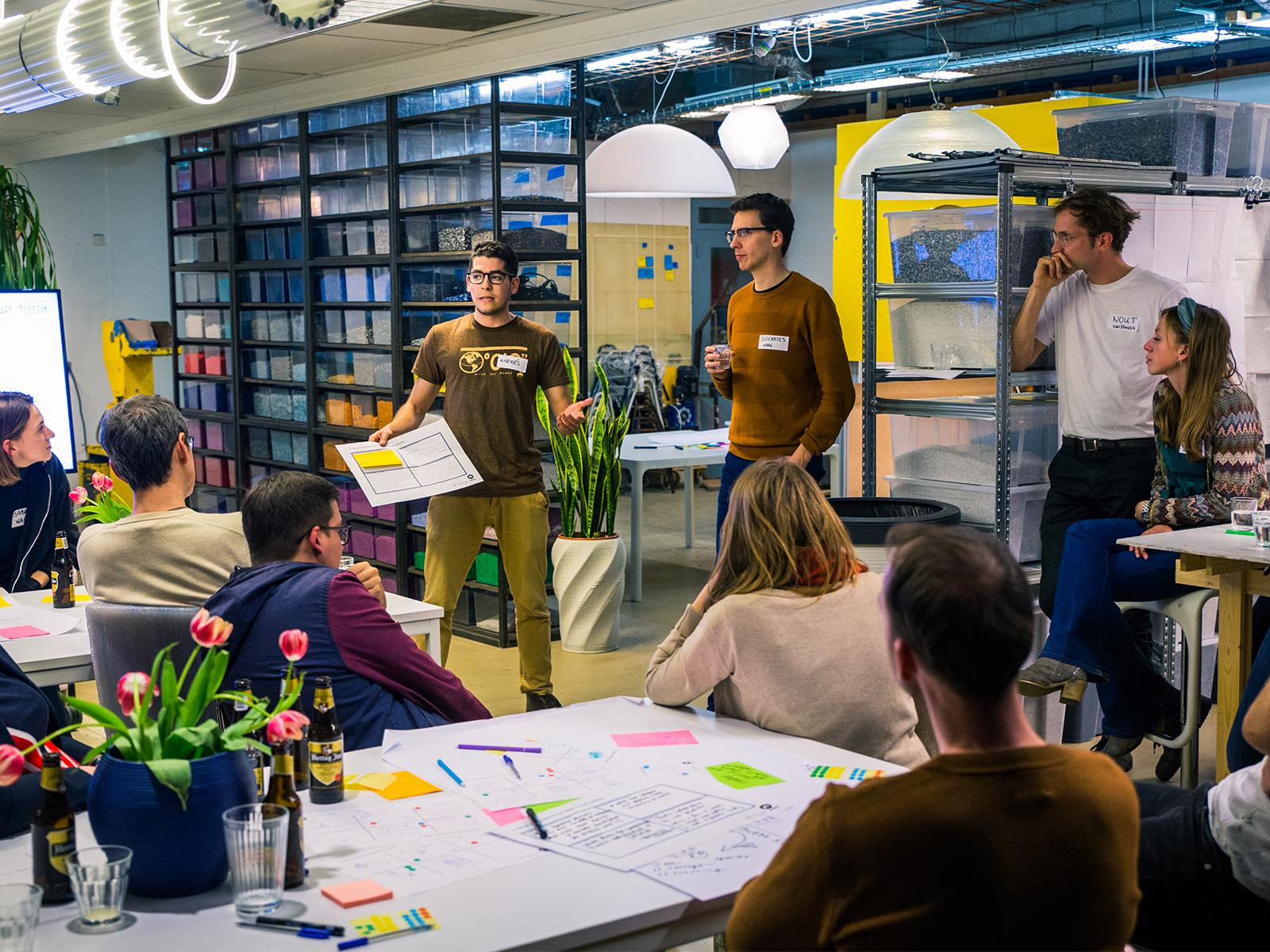DSI Talks is a series of talks about digital social innovation. Digital social innovation is a growing community of people who use digital technology to tackle societal challenges.
Are you interested in sustainability and curious how new technologies can contribute?
What if you could see exactly where your fairtrade banana comes from without anyone being able to cheat with that data? Is blockchain really as promising as some seem to advocate? And how can blockchain stimulate sustainability?
During this evening, we look at the much-discussed blockchain technology and look critically at it from a sustainability perspective.
Entrance is € 5,- (including a drink). This event will be English spoken.
Programme
- 20:00 – 20:05 Welcome
- 20:05 – 20:25 What is blockchain; Interview with Socrates Schouten (Waag)
- 20:25 – 20:40 Case #1 Jouliette
- 20:40 – 20:55 Case #2 Moyee Coffee
- 20:55 – 21:10 Case #3 Social Wallet
- 21:10 – 21:15 Explanation group discussions
- 21:15 – 21:35 Group discussions (lead by
- 21:35 – 21:55 Reflection
- 21:55 – 22:00 Conclusion & wrap-up
Jouliette
Michael Mareels will introduce the Jouliette. The Jouliette is a blockchain-based energy token which empowers individuals and communities to easily manages and share their locally produced renewable energy. Michael will explain how blockchain-based energy token works and look at questions like; who manages the chain and what will the energy sector encounter when they use this system on a bigger scale?
Moyee Coffee
Guido van Staveren will introduce Moyee Coffee. Moyee Coffee takes transparency to the next level with FairChain. Every piece of data in the coffee chain, from harvest to payment, is stored digitally in the blockchain. Guido will explain how they work. What is going well in this process and what are questions that they are running into?
Social Wallet
Aspasia will introduce the Social Wallet developed by Dyne.org. The Social Wallet enables to build self-governance administrative environments promoting autonomy and freedom of economic interaction through the collective re-appropriation of the power of money creation. They are not using blockchain, but the systems is much alike. Why did they decide to use an alternative and how does this work?
Background DSI talks
Blockchain technology has been at the top of the agenda of many tech-optimists. In many cases the hype surrounding blockchain turned out to be bigger than its capacity to solve real-world problems. However, in sustainability issues the technology may be of genuine value. Many sustainable or fair trade companies struggle with an intransparent supply chain. For example, how can we make sure that our coffee is grown in an ecologically responsible way, or that our banana comes from a plantation where workers receive a fair income? Can a blockchain-driven distributed database help to make supply chains transparent?
Many believe that the transparency and security offered by blockchain technology allow for a trustless transactions: the proof is in the chain. But can we substitute social trust for digital trust that easily? Do we not rather want more social in our economies, instead of less?
At present, there are still many questions surrounding the merits of blockchain: transactions are published and the source code is open, but the chain management is often highly undemocratic and intransparent. And what is the value of open systems when only a handful of people can understand and use them? Who will be the winners and losers of the current blockchain rush? And do we really understand what problem blockchain is meant to solve?
This evening, well look at three cases that apply blockchain technology to sustainability challenges. We’ll look at the motivation for using the blockchain, and examine how it is expected to guarantee social and ecological outcomes. Do blockchains allow for new business models for previously precarious services? We will explore the future developments and potential pitfalls of the technology, and assess how it compares to other decentralised or collaborative data solutions.


